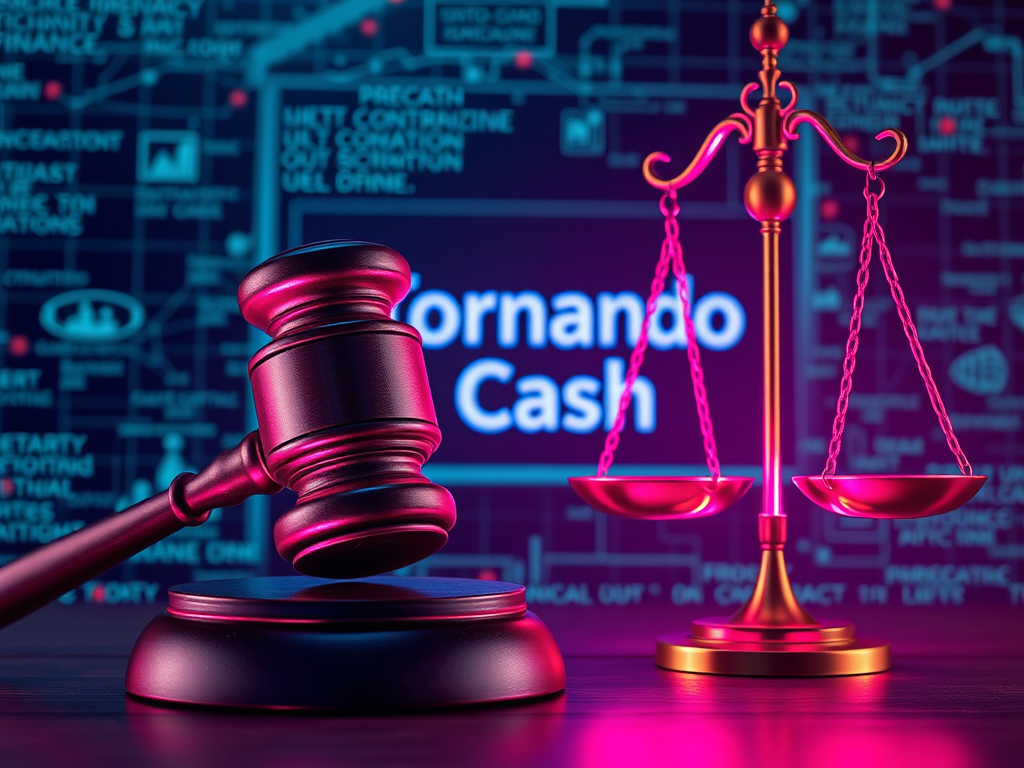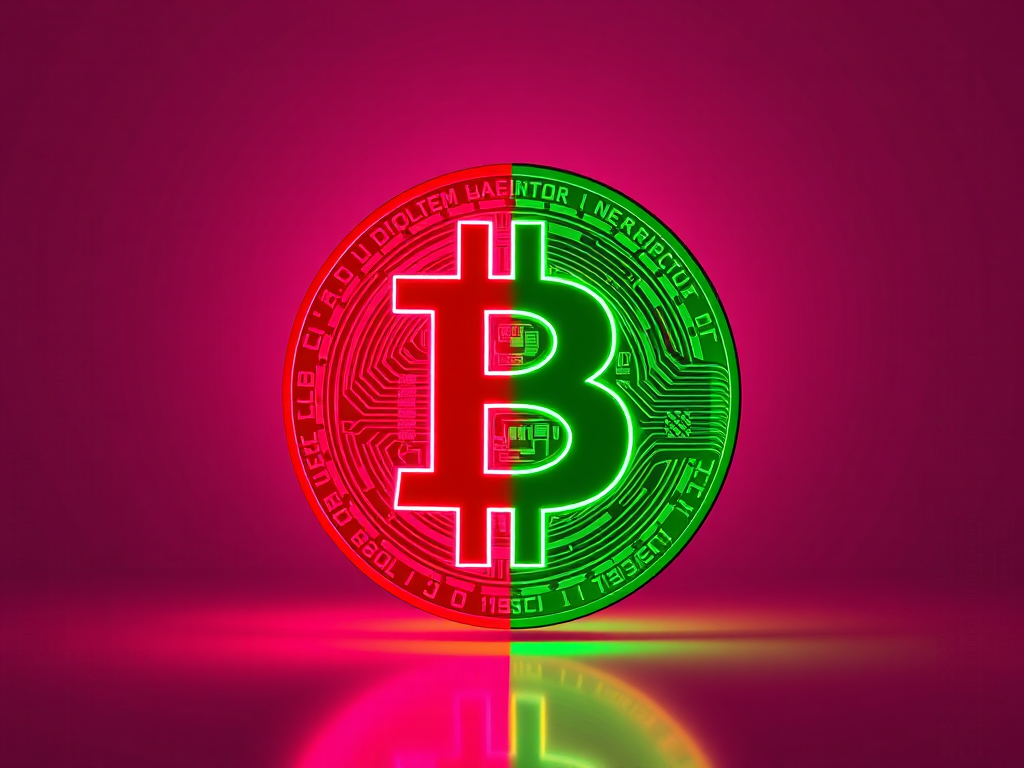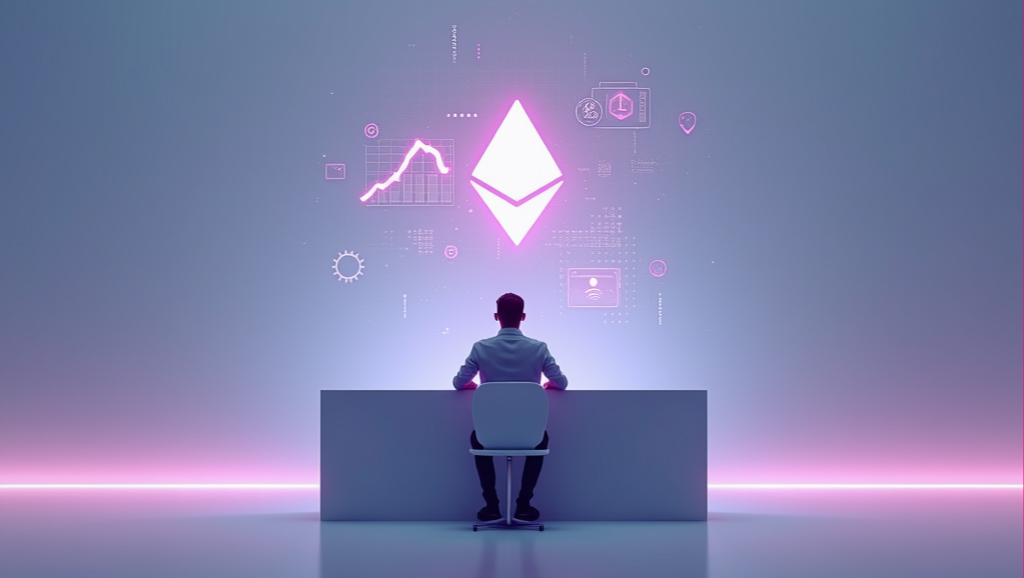In the evolving landscape of blockchain technology and decentralized finance (DeFi), oracles play a significant role. These digital intermediaries connect blockchain networks with external data sources, enabling smart contracts to interact with and respond to real-world information and events. As blockchain applications expand beyond basic cryptocurrency transactions, the function of oracles in facilitating complex, data-driven operations becomes increasingly important.
Understanding Oracles
Oracles are third-party services that provide external data to blockchain networks. While this may seem at odds with the principles of decentralization and trustlessness that underpin blockchain technology, oracles address a fundamental limitation: the blockchain’s isolation from external information. Without oracles, smart contracts would be restricted to operating solely with data already present on the blockchain, significantly limiting their potential applications.
The importance of oracles is particularly evident in the context of DeFi. As decentralized applications (dApps) grow in complexity and aim to replicate or enhance traditional financial services, access to reliable, real-time data becomes crucial. From providing price feeds for decentralized exchanges to supplying weather data for crop insurance smart contracts, oracles enable many functionalities that drive the DeFi ecosystem.
Types of Oracles and Their Functions
Oracles come in various forms, each serving specific purposes within the blockchain ecosystem:
- Software oracles interact with online sources to retrieve and transmit data to smart contracts. These might include APIs for stock prices, weather reports, or flight information.
- Hardware oracles are designed to extract information from the physical world, such as sensors in supply chain management systems or IoT devices.
- Human oracles involve individuals providing data directly to the blockchain. This can be particularly useful for information requiring human judgment, or that is not easily automated.
- Computation oracles perform complex calculations off-chain and relay the results back to the blockchain, helping to alleviate some of the computational limitations of blockchain networks.
Oracles can also be categorized based on their data flow:
- Inbound oracles bring external data into the blockchain.
- Outbound oracles allow smart contracts to send data to the outside world.
This two-way communication enables more complex and interactive applications. For instance, a smart contract could receive information about a shipment’s location and trigger actions in the real world, such as unlocking a smart lock when a package reaches its destination.
Consensus-based oracles represent an effort to mitigate the trust issues inherent in relying on a single data source. These systems aggregate data from multiple sources, using various methods to reach a consensus on the correct information to be fed into the blockchain. This approach helps to ensure the integrity and reliability of the data, reducing the risk of manipulation or error from any single source.
Oracles in DeFi
The role of oracles in the DeFi ecosystem is crucial. Many popular DeFi applications rely heavily on oracle services to function:
- Decentralized exchanges use price oracles to ensure fair and accurate trading.
- Lending platforms depend on oracles to provide real-time collateral valuations.
- Prediction markets, which allow users to bet on future events, require oracles to determine the outcomes and settle bets.
Challenges and Considerations
While oracles provide essential functionality, their use presents specific challenges. The “oracle problem” refers to the inherent contradiction of using a centralized service to provide data to a decentralized system. This reliance on external data sources introduces potential points of failure and manipulation, which could compromise the entire system’s integrity.
Security is a paramount concern when it comes to oracles. A compromised oracle could feed false data into a blockchain, potentially leading to significant financial losses or other adverse outcomes. This risk is particularly acute in DeFi applications, where substantial cryptocurrency may be at stake. Developers and users must carefully consider the reliability and security measures of the oracles on which they depend.
Data quality and timeliness are also crucial factors. Even minor data delays or inaccuracies can have significant consequences in fast-moving markets. DeFi platforms must carefully select and monitor their oracle providers to ensure they receive high-quality, up-to-date information. Some projects have turned to decentralized oracle networks, which aggregate data from multiple sources to improve reliability and reduce the risk of manipulation.
The Future of Oracles in Blockchain and DeFi
As blockchain technology and DeFi continue to develop, the role of oracles will likely become even more significant. Innovations in oracle technology may improve security, reliability, and efficiency. Decentralized oracle networks may become more prevalent, offering more robust and manipulation-resistant data feeds.
Integrating artificial intelligence and machine learning with oracle systems could lead to more sophisticated data analysis and prediction capabilities. This would enhance the ability of smart contracts to make complex decisions based on nuanced interpretations of real-world data. This could open up new possibilities for blockchain applications, enabling them to respond more intelligently to real-world conditions.
Cross-chain oracle solutions represent another area of potential growth. As the blockchain ecosystem becomes increasingly diverse, with multiple chains serving different purposes, oracles that can provide data across various networks may become invaluable. This interoperability could foster greater collaboration and innovation across the blockchain space.
In conclusion, oracles represent a critical component of the blockchain and DeFi ecosystem, bridging the gap between digital smart contracts and real-world data. While they present specific challenges and risks, their importance in enabling complex, data-driven applications is significant. As technology continues to evolve, oracles will likely play a key role in shaping the future of decentralized systems, enabling increasingly sophisticated blockchain applications that can interact with and impact the world around us.














